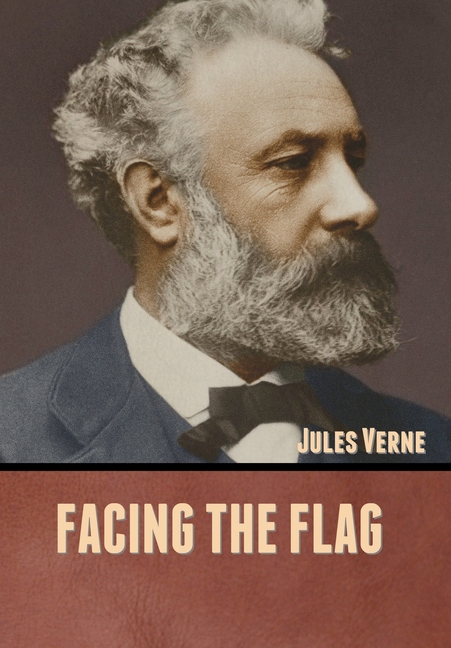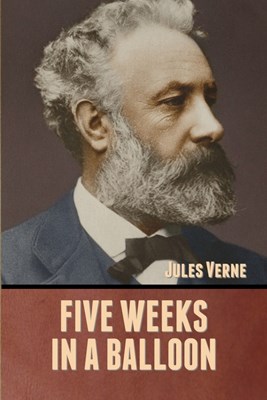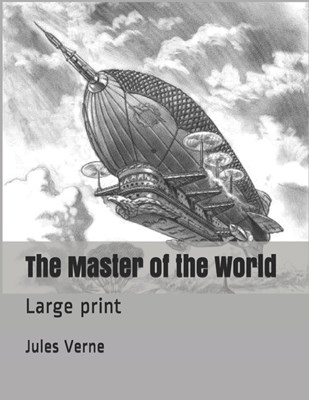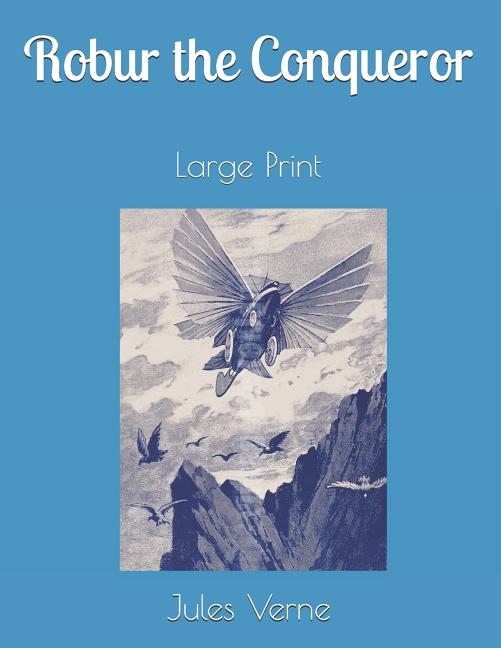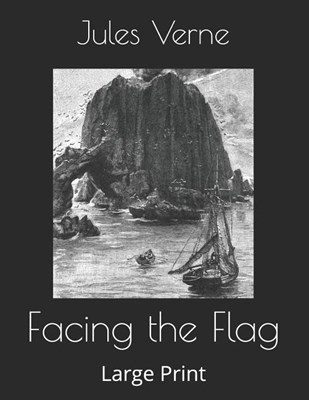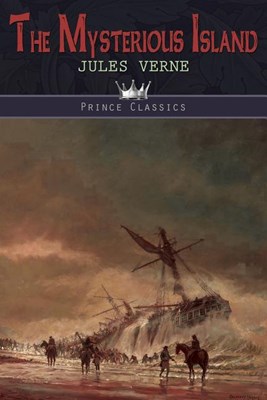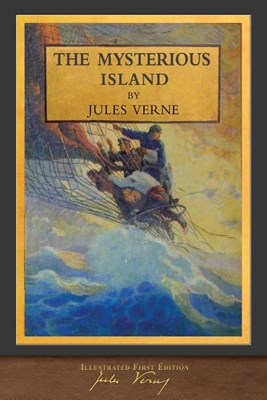About Jules Verne
Jules Gabriel Verne (8 February 1828 - 24 March 1905) was a French novelist, poet, and playwright. His collaboration with the publisher Pierre-Jules Hetzel led to the creation of the Voyages extraordinaires, a series of bestselling adventure novels including Journey to the Center of the Earth (1864), Twenty Thousand Leagues Under the Sea (1870), and Around the World in Eighty Days (1873). Verne is generally considered a major literary author in France and most of Europe, where he has had a wide influence on the literary avant-garde and on surrealism.[3] His reputation was markedly different in Anglophone regions where he had often been labeled a writer of genre fiction or children's books, largely because of the highly abridged and altered translations in which his novels have often been printed. Since the 1980s, his literary reputation has improved.[4] Verne has been the second most-translated author in the world since 1979, ranking between Agatha Christie and William Shakespeare.[5] He has sometimes been called the Father of Science Fiction, a title that has also been given to H. G. Wells and Hugo Gernsback Verne was born on 8 February 1828, on Île Feydeau, a small artificial island on the Loire River within the town of Nantes, in No. 4 Rue Olivier-de-Clisson, the house of his maternal grandmother Dame Sophie Allotte de la Fuÿe.[7] His parents were Pierre Verne, an attorney originally from Provins, and Sophie Allote de la Fuÿe, a Nantes woman from a local family of navigators and shipowners, of distant Scottish descent.[8][a] In 1829, the Verne family moved some hundred meters away to No. 2 Quai Jean-Bart, where Verne's brother Paul was born the same year. Three sisters, Anna (1836), Mathilde (1839), and Marie (1842) would follow.[8] In 1834, at the age of six, Verne was sent to boarding school at 5 Place du Bouffay in Nantes. The teacher, Mme Sambin, was the widow of a naval captain who had disappeared some 30 years before.[9] Mme Sambin often told the students that her husband was a shipwrecked castaway and that he would eventually return like Robinson Crusoe from his desert island paradise.[10] The theme of the Robinsonade would stay with Verne throughout his life and appear in many of his novels, including The Mysterious Island (1874), Second Fatherland (1900), and The School for Robinsons (1882).


